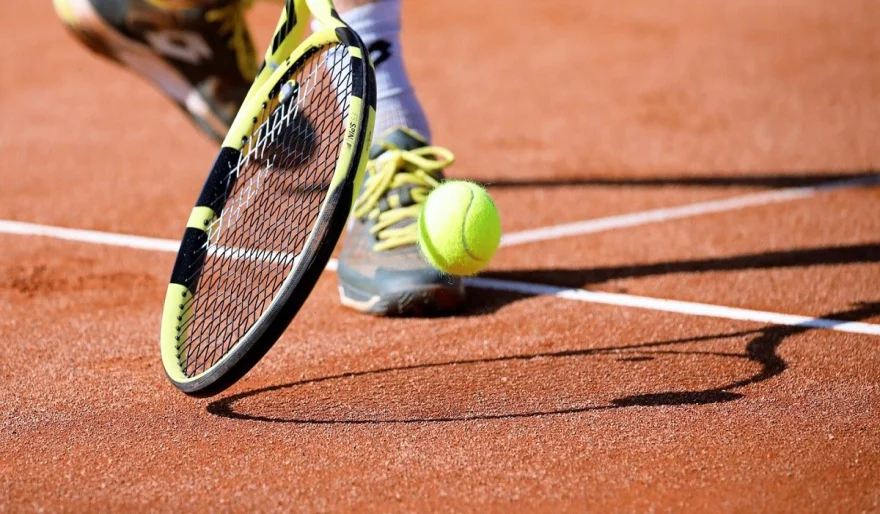Stay Ahead of the Curve
Latest AI news, expert analysis, bold opinions, and key trends — delivered to your inbox.
AI Analyzes and Decodes Tennis Players' Emotions
4 min read Researchers have developed an AI model that can identify a player's emotional state based solely on their body language during a match. This innovation has the potential to revolutionize how we understand and appreciate the game. June 21, 2024 07:09
The world of tennis is about to get much more emotional, thanks to advancements in artificial intelligence (AI). Researchers at the Karlsruhe Institute of Technology (KIT) and the University of Duisburg-Essen in Germany have developed an AI model that can decipher the emotional state of tennis players based solely on their body language!
How Does it Work?
- Trained on Real Matches: The AI model wasn't fed staged scenarios. Instead, it was trained using real-life footage of professional tennis players during matches. This approach allows the AI to recognize subtle emotional cues specific to the high-pressure environment of a competitive game.
- Body Language Tells the Tale: The AI focuses on analyzing body language indicators like slumped shoulders after a missed shot, raised arms in triumph after a win, or variations in walking pace. By recognizing these nonverbal cues, the AI can predict a player's emotional state with impressive accuracy.
- Success Rate with Nuances: While the AI excels at identifying basic emotions like joy, frustration, and disappointment, the study revealed a higher success rate for deciphering negative emotions compared to positive ones. This aligns with the fact that negative emotions often trigger more pronounced body language displays.
Beyond the Baseline: What This Means
This innovative AI application has the potential to revolutionize the way we watch and understand tennis:
- Enhanced Fan Engagement: Imagine watching a match where AI analysis provides real-time insights into players' emotions, adding a whole new layer of depth and intrigue to the viewing experience.
- Coaching Insights: For tennis coaches, AI analysis of player emotions could provide valuable insights into a player's mental state during a match, potentially informing strategies and improving player development.
- Sports Broadcasting Innovation: Integrating AI emotional analysis into sports broadcasts could lead to more engaging commentary and storytelling, allowing viewers to connect with the players on a deeper emotional level.
The Future of AI in Sports
This is just the first serve in the game of AI's influence on sports:
- Beyond Tennis: Expect similar AI applications to emerge in other sports, providing emotional analysis for athletes in various disciplines.
- Ethical Considerations: As AI delves deeper into human emotions, discussions about privacy and appropriate use of this technology will be crucial.
- The Player-AI Partnership: Imagine a future where AI serves as a support system for athletes, not just analyzing emotions but also providing real-time feedback and performance optimization suggestions.
AI's ability to decode emotions in tennis players is a fascinating development. While the technology is still in its early stages, it opens doors for a future where AI enhances our understanding and appreciation of sports, potentially transforming the way we view athletes and their emotional journeys on the court.



















 AI Agents
AI Agents